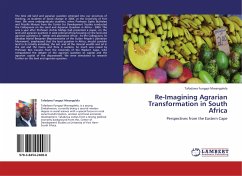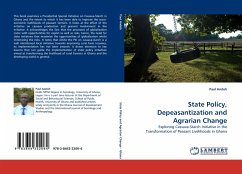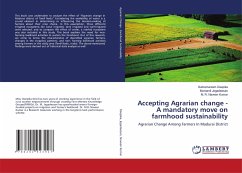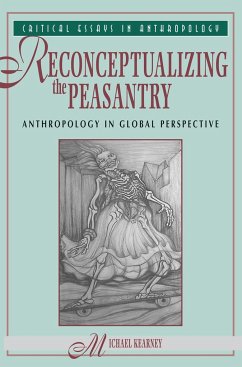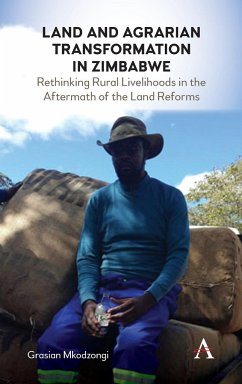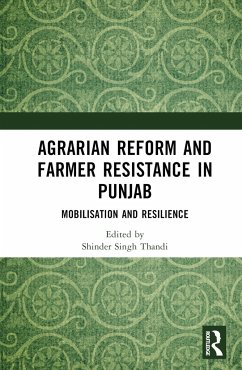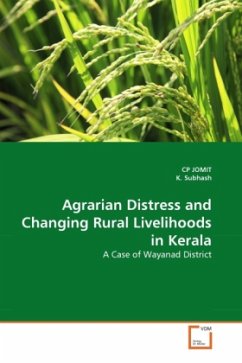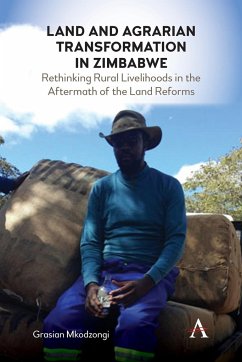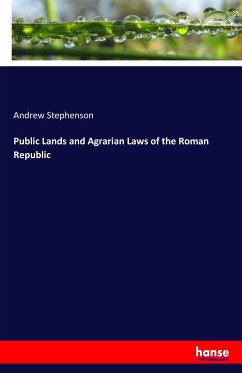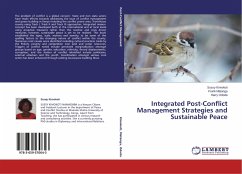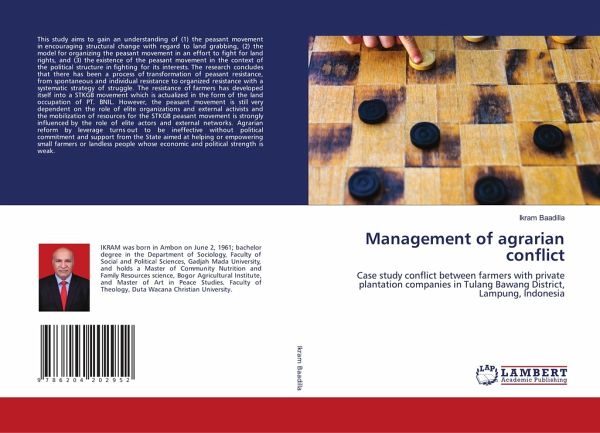
Management of agrarian conflict
Case study conflict between farmers with private plantation companies in Tulang Bawang District, Lampung, Indonesia
Versandkostenfrei!
Versandfertig in 6-10 Tagen
41,99 €
inkl. MwSt.

PAYBACK Punkte
21 °P sammeln!
This study aims to gain an understanding of (1) the peasant movement in encouraging structural change with regard to land grabbing, (2) the model for organizing the peasant movement in an effort to fight for land rights, and (3) the existence of the peasant movement in the context of the political structure in fighting for its interests. The research concludes that there has been a process of transformation of peasant resistance, from spontaneous and individual resistance to organized resistance with a systematic strategy of struggle. The resistance of farmers has developed itself into a STKGB...
This study aims to gain an understanding of (1) the peasant movement in encouraging structural change with regard to land grabbing, (2) the model for organizing the peasant movement in an effort to fight for land rights, and (3) the existence of the peasant movement in the context of the political structure in fighting for its interests. The research concludes that there has been a process of transformation of peasant resistance, from spontaneous and individual resistance to organized resistance with a systematic strategy of struggle. The resistance of farmers has developed itself into a STKGB movement which is actualized in the form of the land occupation of PT. BNIL. However, the peasant movement is still very dependent on the role of elite organizations and external activists and the mobilization of resources for the STKGB peasant movement is strongly influenced by the role of elite actors and external networks. Agrarian reform by leverage turns out to be ineffective without political commitment and support from the State aimed at helping or empowering small farmers or landless people whose economic and political strength is weak.



